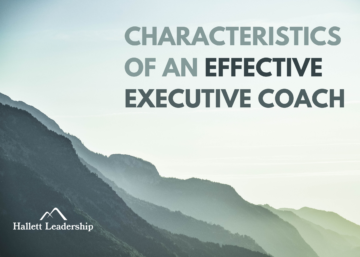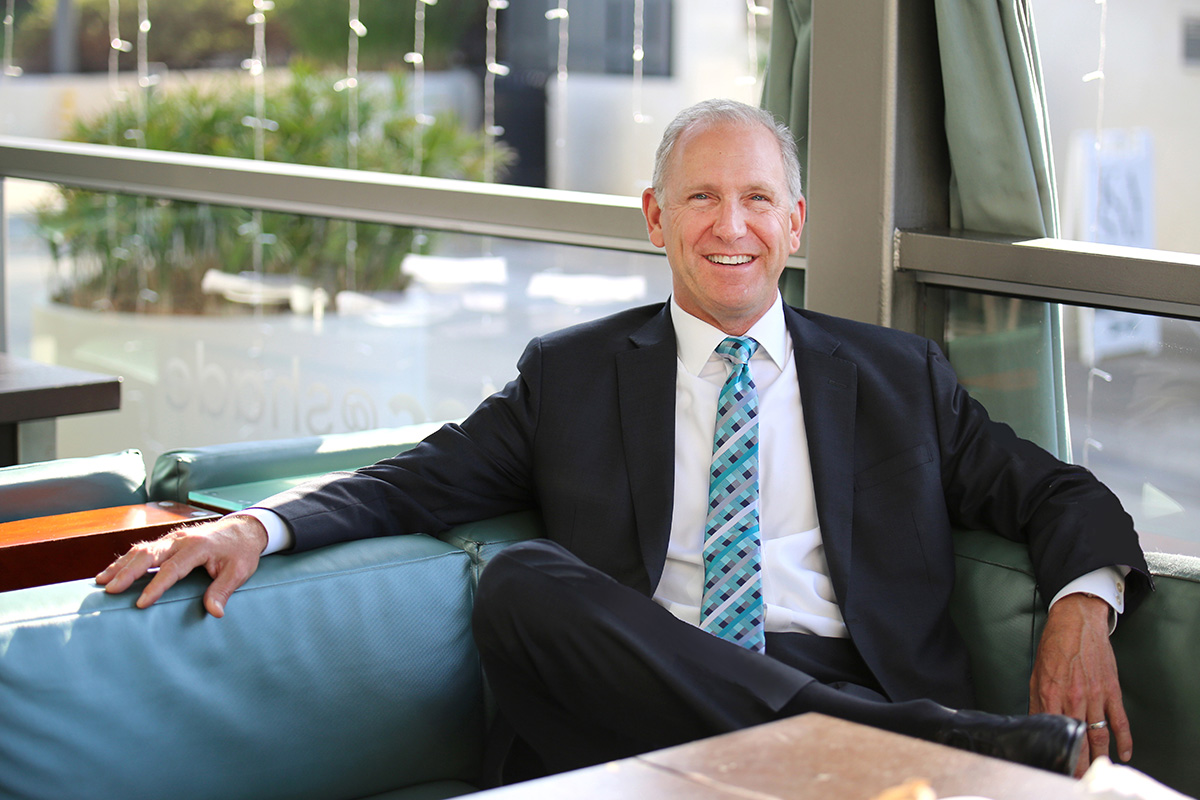Some may consider the topic of executive coaching for young professionals to be a non-starter. Workshops and team offsites are one thing, but what executive in their right mind would hire a coach to work one-on-one with an early career, young professional who has yet to prove himself or herself?
As we’ve written extensively here on this blog, it is much more common to engage an executive coach for middle management and c-suite talent, so that the benefits of the investment can spread throughout the organization from the top down.
At the same time, all of us can look back at our lives, and recall that at every stage, from early childhood to the present, there has always been a person – someone – at hand who has supported us in reaching the next level of whatever we were doing at the time.
All of us have had a coach.
In this spirit of learning and development as a lifelong process, let’s explore why executive coaching for young professionals may be worthwhile for senior leaders to consider.
Where There’s Success, There’s Usually A Coach (Or Coaches) Behind The Curtain
Contrary to popular belief, there are very few self-made people at any stage of achievement. At the highest levels of achievement, there is likely to be no one who has made it where they are on their own.
The highest performers, in whatever category, share one thing in common. They have a coach. Or coaches.
From corporate executives, to military commanders, to professional athletes and sports- team dynasties, to the high school student aiming to score high on the SAT/ACT – everyone depends upon the coaches to keep them growing, and help them develop and retain a competitive edge.
Many individuals and organizations rely on multiple coaches. A football team has a head coach, while a staff of coaches attend to the various specialty skills and areas of focus required by the game.
Even a family has coaches, if you consider a fitness trainer or yoga instructor to be a coach, along with the childrens’ teachers, tutors, and personal enrichment instructors.
Human beings are social animals, built for collaboration and leveraging relationships as a method for improving.
Given that coaches are coaching people everywhere, in nearly every domain of life, it is never too early in a young professional’s career to begin executive coaching. Everyone brings fixed beliefs and behaviors that create obstacles on their paths to success.
The earlier in their career a person addresses these issues, the easier it is to solve them.
Therefore, instead of thinking of executive coaching for young professionals as an extravagance, think of it more as a long-term investment.
Developing Self-Awareness Matters At Every Career Stage
Executive coaches support clients in developing self-awareness.
Self-awareness is a sort of master key through which the client attains insight to new possibilities. Through self-awareness, the client has an opportunity to break with old patterns of thinking and behaving, so that they can show up differently. Showing up differently may lead them to breakthroughs toward their stated goals and visions.
Given that self-awareness is a master key that opens up new potentials and avenues for success, developing that self-awareness is as relevant to the young professional as it is to the seasoned executive.
Right out of college or business school, people generally have less experience and less self-awareness than the seasoned professional. Furthermore, most have not had an opportunity to be coached – someone who could facilitate the learning of what attributes are getting in their way, what their blind spots are, and how to apply their social and relationship skills fully into a professional context.
Therefore, an executive coach would be a great resource for your young people to help them grow in self-awareness.
Young Professionals Can Be Authentic Leaders Too
Before we go any further, we’ll address the common misconception about authenticity in the workplace:
Many believe authenticity in the workplace means saying whatever we feel, no matter how it lands, and no matter who is listening.
Instead of thinking of authenticity as speaking our personal unvarnished truth, consider it as more of a journey. A journey that begins with a process of inquiry.
For example, a person who intends to grow in authenticity, or begin moving to a place of authentic leadership, might ask himself or herself an open-ended question like this:
“How do I share more of myself and have a greater impact at work?”
A senior executive coming from a place of authentic leadership can set in motion a virtuous process capable of utterly transforming an organization from the inside out.
A young professional similarly concentrated on coming from a place of authentic leadership, also wields incredible influence in their sphere of activity. They can empower others to follow their example by sharing more, listening, communicating, and collaborating with each other in new and effective ways.
To our knowledge, an organization can develop authentic leaders at the swiftest rate, through pairing the right people with executive coaches.
No Executive Coach? Seek Out A Mentor
Companies will sometimes pair their employees with executive coaches.
However, your growth and development, your process of growing in self-awareness and becoming an authentic leader – don’t need to wait until someone assigns you to a coach. They are your responsibility.
Instead, proactively seek out a mentor to coach you. A mentor can provide feedback on your communication skills. A mentor can reflect back to you what’s working and what is not.
Preferably that mentor is someone senior to you, but who is not your direct manager.
While this mentor need not be within your company, sharing a workplace reality with your mentor can be helpful.
Conclusion
We hope we’ve made a case for how executive coaching may be worthwhile for early career, young professionals. At the heart of the matter, is that human beings, whether starting out or preparing to retire, are called upon to grow, develop and refine themselves – and we can grow and develop more effectively (and with more enjoyment) when we undertake the process as part of a collaboration with a trusted friend, mentor, or coach.
Best of luck on your journey of becoming an authentic leader, and beacon of possibility for every member of your team.





